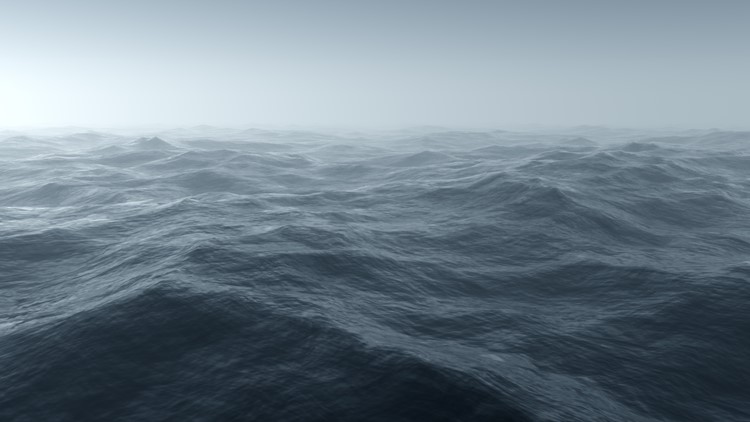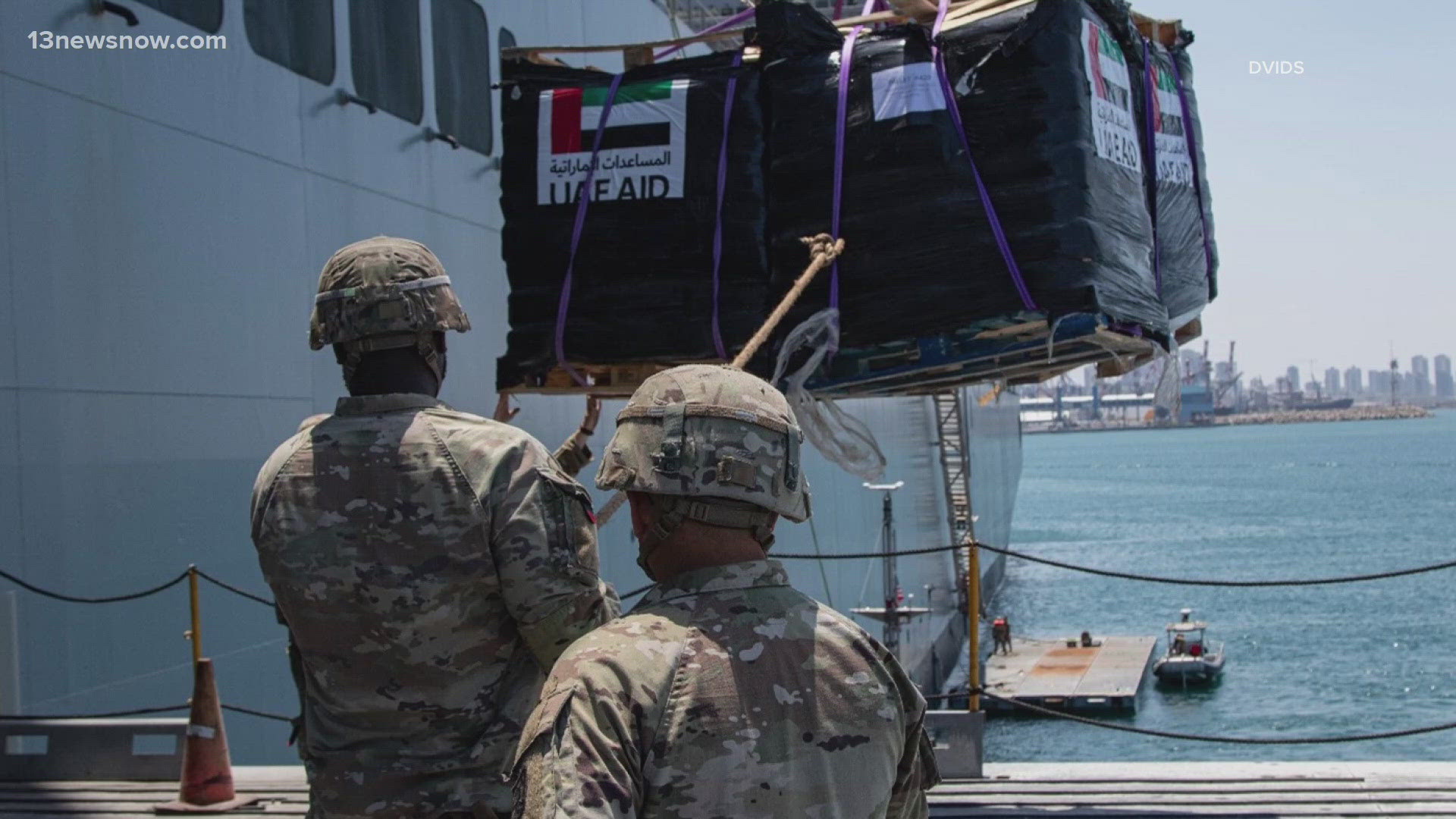CAPE LOOKOUT, N.C. — Two marines who were pulled out to sea by a rip current on Saturday leaned on their military training to stay calm and survive the situation.
That day, Lance Cpl. Colton Harpole and Lance Cpl. Quentin Wigg were swimming near Cape Lookout Point when a fellow marine, Cpl. James Farley, realized the two riflemen had drifted out of sight.
Farley was able to find Wigg with some binoculars, and saw that he was making his way to shore on his own. A spokesperson for the Second Marine Division said when he reached the beach, Wigg had been in the water for more than an hour.
He said the rip current was worse than normal for a swim he'd managed before without any trouble.
From the beach, they couldn't see Harpole. A Coast Guard helicopter helped them look for him.
Three hours into the swim, it was beachgoers who finally spotted the Kentucky native, and called for his rescue.
"I was just trying to keep a calm mental state,” Harpole said. “That seemed like the best way to handle the situation. I knew that if I started freaking out and panicking then I wouldn't make it out of this."
Rescuers took Harpole to a hospital, and the doctors there said he was okay.
He and Wigg said their company's safety brief helped them survive being pulled out to sea.
First Sgt. Michael Archer, company first sergeant for Lima Company, was the one who gave that critical talk.
"I specifically emphasized that if they didn't listen to anything else I said, listen to the part about rip currents," Archer wrote. "I told my guys to only swim where there were lifeguards, not to try to fight against the current and stay calm."
Col. Steven Sutey, commanding officer of Second Marine Regiment, said it wasn't just luck that got these marines safely back to shore.
He wrote that their physical stamina, insistence on staying calm and the help from bystanders were all critical to the men's survival.



